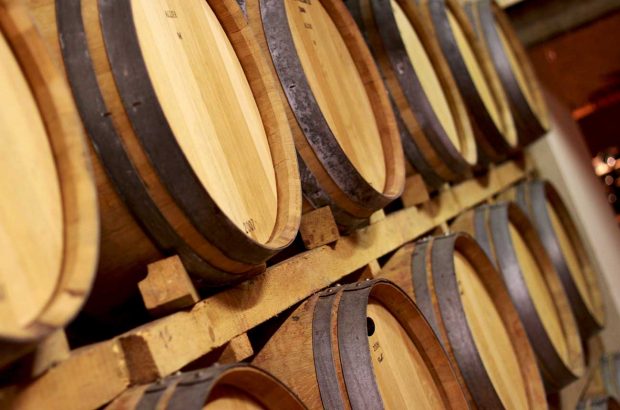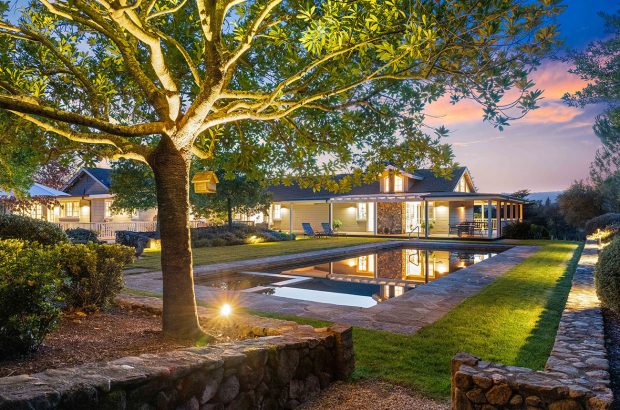Chateau Palmer in Margaux is aiming to achieve full organic and biodynamic certification by 2017 and its chief executive, Thomas Duroux, believes more Bordeaux estates will follow suit.
Thomas Duroux shows Chateau Palmer’s 2014 vintage during en primeur tasting week.
Duroux confirmed to Decanter.com during last week’s Bordeaux 2014 en primeur tastings that Chateau Palmer is working towards biodynamic certification with international body Demeter and is on-track to achieve that in 2017.
Palmer is also set to be fully certified organic, by Ecocert, in the same year. Currently, 20% of its vineyard is registered as organic.
Duroux is one of several converts to organic, and biodynamic, methods in Bordeaux. Others that have converted to biodynamic include Chateau Pontet Canet, led by Alfred Tesseron, and Chateau Climens in Barsac.
‘I am convinced that organic farming will become more widespread in Bordeaux in the coming years,’ said Duroux.
Only around 2% of vineyards across France are certified biodynamic, but Duroux believes its principles underpin a shift towards organic methods.
‘Biodynamic practices can be different from one interpretation to another and my feeling is that all organic properties will be inspired by Rudolf Steiner.’
Steiner is considered the founder of biodynamics as a philosophy, although many winemakers argue that the term merely gives conceptual structure to how vineyards and agricultural land were managed intuitively for centuries; with a holistic approach to the health of land and of people.
When asked whether Bordeaux’s rainy climate makes it harder to pursue organic and biodynamic methods in the region, Duroux said that it should not be a deterrent. ‘In Champagne, the climate is even worse. You either want to do it or not.’
He added that it was ‘still too early’ to be sure of the effect on the wines, but he said, ‘At this stage, my feeling is that the wines are more precise, closer to their origin; each bloc expresses itself in a more transparent way.’
Berenice Lurton, at Climens, told Decanter.com, ‘We have the impression that the wines are less austere when they are very young. It seems they are more expressive.’ Climens was approved as a member of biodynamic wine body Biodyvin in 2011.
‘When I was tasting barrel samples, I found it less and less easy to find the core of the wine,’ said Lurton, of the time prior to the estate’s move to biodynamics. ‘We had to do something.’
See Bordeaux 2014 en primeur coverage:
Written by Chris Mercer






